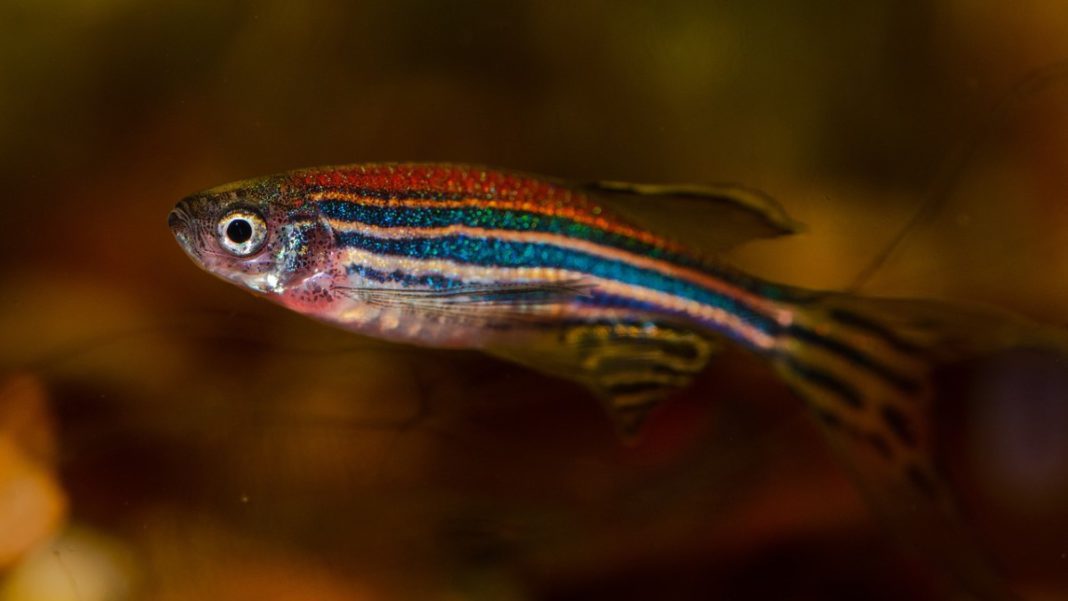CHINA: China’s ambition to explore the mysteries of space knows no bounds, as the nation sets its sights on sending an unlikely group of pioneers to its Tiangong space station in the future: zebrafish.
The fascinating endeavor aims to study the intriguing relationship between these small aquatic creatures and microorganisms within a closed ecosystem, all while shedding light on the concerning issue of bone loss in astronauts during extended space missions.
According to reports from Shanghai-based media, the ingenious experiment was revealed by Zhang Wei, assistant to the commander-in-chief of China’s manned space engineering space application system. The revelation took place during a Space Station Science and Application Project Solicitation Seminar in Beijing on July 10.
Although specifics about the timeline and the aquatic apparatus remain under wraps, the concept has already sparked curiosity and excitement in the scientific community. While this may be a novel initiative for China’s space program, it is not the first time that fish have ventured into the final frontier.
NASA’s Aquatic Habitat (AQH), designed to examine the impact of microgravity on marine life, carried a small school of medaka, a freshwater fish native to Japan, to the International Space Station back in 2012. The results of the AQH experiment provided valuable insights into how marine organisms adapt to the space environment.
The idea of studying fish in space is not entirely new either. As early as 1976, Zebrafish (Danio Rerio) made their extraterrestrial debut aboard the Soviet Union’s Salyut 5 space station, launched as part of the Soyuz 21 mission.
During the mission, Soviet cosmonauts observed intriguing behavioral modifications in the Zebrafish, indicating potential adaptations to microgravity conditions. The use of animals in space exploration traces its roots back to 1947, predating even the famous flight of the Soviet space dog, Laika, on Sputnik 2 in 1957.
Laika’s tragic fate, as she succumbed to overheating merely hours into her flight, left a profound impact on the world, but it also paved the way for advancements in space research to prioritize the well-being of living organisms during missions.
China’s plan to send zebrafish to the Tiangong space station marks yet another milestone in the nation’s growing influence in space exploration.
As the nation continues to make remarkable strides in its pursuit of scientific discoveries, this unconventional experiment is bound to capture the attention of space enthusiasts and scientists alike.
The significance of this endeavor extends beyond the scientific realm, as it holds promise for advancing our understanding of life’s adaptability in extreme conditions.
Furthermore, insights gained from this experiment may have implications for future long-duration space missions, helping to mitigate the health risks associated with prolonged stays in microgravity environments.
As we await further details and the launch of this extraordinary space mission, the world eagerly anticipates the groundbreaking discoveries that will undoubtedly emerge from this ambitious fusion of fish and space exploration.
Also Read: China’s Lunar Radio Telescope Project Aims to Unlock the Universe’s Secrets



